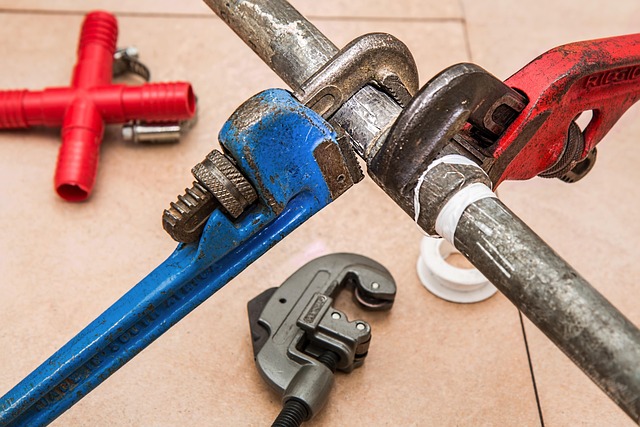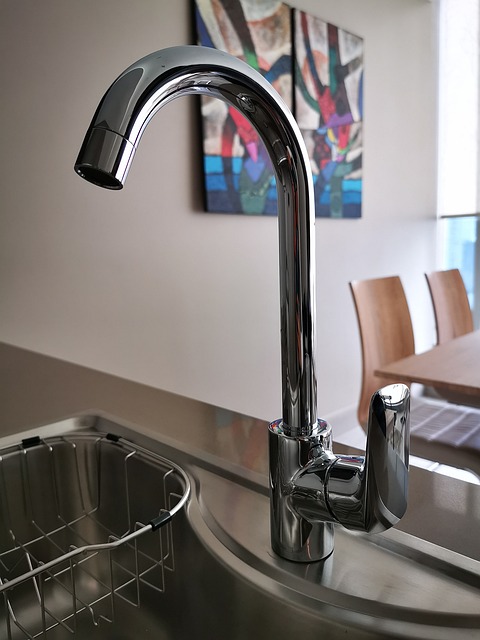Smart irrigation systems, powered by tankless heaters, revolutionize water conservation globally. These advanced technologies optimize water usage in landscapes and agriculture through automated scheduling, weather-condition adjustments, and soil moisture sensor data. By delivering hot water on-demand, tankless heaters ensure plants receive precise amounts of water based on their needs, minimizing waste and energy consumption. This targeted approach promotes healthier plant growth, reduces environmental impact, and fosters a more sustainable future in the face of escalating water scarcity.
In today’s world, water conservation is more crucial than ever. Smart irrigation systems emerge as a game-changer, offering efficient water management solutions. This article explores the significance of water conservation and its impact on our environment. We delve into how tankless heaters, a key component of smart irrigation, revolutionize watering practices by providing precise control and minimizing wastage. Additionally, we discuss implementing these technologies and the numerous benefits they bring to both homes and communities.
- Understanding Water Conservation and Its Impact
- Tankless Heaters: A Key Component of Smart Irrigation Systems
- Implementing and Benefiting from Smart Irrigation Technologies
Understanding Water Conservation and Its Impact

Water conservation is a critical global issue, especially with growing populations and changing climate patterns. It involves managing water resources efficiently to meet current needs while ensuring future availability. Smart irrigation systems play a pivotal role in this effort. These advanced technologies are designed to optimize water usage in landscapes and agricultural settings, reducing waste and promoting sustainable practices.
By implementing smart irrigation, we can significantly decrease water consumption without compromising on plant health. Features like automated scheduling, weather-based adjustments, and soil moisture sensors ensure that plants receive precisely the right amount of water at the optimal time. This is particularly beneficial in regions facing water scarcity, where every drop counts. Moreover, adopting tankless heaters alongside these systems can further enhance efficiency, minimizing water wastage during heating processes, and contributing to a more sustainable future.
Tankless Heaters: A Key Component of Smart Irrigation Systems

Tankless heaters are a pivotal component of modern smart irrigation systems, playing a crucial role in enhancing water conservation efforts. Unlike traditional storage tanks that heat water in advance, these innovative heaters deliver hot water on-demand, eliminating unnecessary energy consumption and reducing overall water wastage. By providing heated water precisely when needed, tankless heaters ensure efficient watering, especially in regions with varying temperature conditions.
This technology is a game-changer for smart irrigation as it allows precise control over water usage. Sensors integrated into the system monitor soil moisture levels, weather conditions, and plant needs, triggering the tankless heater to activate only when required. This targeted approach not only conserves energy but also ensures plants receive the optimal amount of water, fostering healthier growth and reducing the environmental impact of irrigation practices.
Implementing and Benefiting from Smart Irrigation Technologies

Implementing smart irrigation technologies offers a transformative approach to water conservation, especially in today’s era where water scarcity is becoming an increasingly pressing concern. These innovative systems go beyond traditional methods by leveraging advanced sensors and data analytics to deliver water precisely when and where it’s needed. By monitoring weather patterns, soil moisture levels, and plant water requirements, smart irrigation ensures optimal watering, eliminating over- or under-watering scenarios.
One of the key advantages is the adoption of tankless heaters, which significantly reduce water wastage. These systems eliminate the need for storing large volumes of water in tanks, minimizing evaporation losses and energy consumption. As a result, homeowners and businesses can achieve substantial water savings while maintaining lush landscapes, contributing to a more sustainable and environmentally friendly future.
